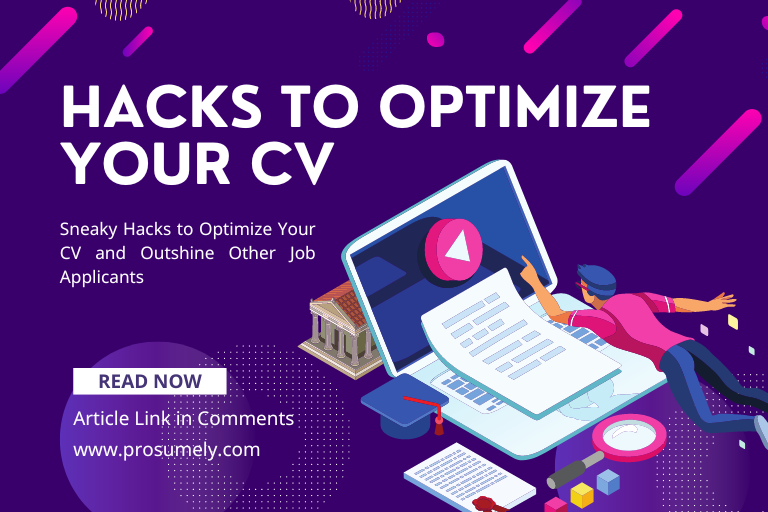10 Key Elements of an Effective ATS-Friendly CV
In the era of digital recruitment, an Applicant Tracking System (ATS) friendly CV isn’t just a benefit; it’s a necessity. An ATS-friendly CV increases your chances of getting noticed by 75%, ensuring your resume isn’t lost in the digital void. Here are ten key elements to make your CV stand out in an ATS scan.

1. Simple Format and Clean Design
Avoid fancy graphics and stick to a professional, clean layout. Use standard fonts like Arial or Times New Roman. Keep your font size between 10-12 points.
Use a layout with a clear distinction between sections. Opt for a font like Arial in 11-point size for body text and 14-point for headings.
2. Use Keywords Wisely
Tailor your CV with job-specific keywords. Approximately 80% of companies use ATS, and these systems rely heavily on keywords to filter candidates.
If applying for a marketing role, include keywords like “digital marketing,” “SEO,” “Google Analytics,” etc., directly relevant to the job description.
3. Standard Headings for Sections
Use conventional headings like ‘Work Experience’, ‘Education’, and ‘Skills’. ATS systems are programmed to recognize these standard headings.
Use headings like “Professional Experience” instead of creative titles like “Career Milestones.”
4. Highlight Professional Summary
Include a clear, concise professional summary. This section should encapsulate your core competencies and career achievements.
Example: “Dynamic marketing professional with 5+ years’ experience in developing data-driven strategies to amplify brand presence.”
5. Emphasize Relevant Work Experience
List your work experience in reverse-chronological order.
Quantify achievements with metrics, such as “Increased sales by 20% over one year.” Example: “Managed a team of 10 marketers and led successful digital campaigns that increased online engagement by 30% in one year.”
6. Include a Skills Section
Clearly list out your skills. Both soft skills like ‘team management’ and hard skills like ‘Adobe Photoshop’ are essential.
List skills such as “Project Management,” “Budgeting,” “Leadership,” and specific software proficiencies relevant to the job.
7. Education Matters
List your educational background, including degrees and certifications. If you’re a recent graduate, include your GPA if it’s above 3.5.
Example: “Bachelor of Science in Marketing, XYZ University, 2018 – GPA: 3.8/4.0”
8. Use Bullet Points
Break down job descriptions and accomplishments into bullet points for easy readability.
Under a job role, use bullet points like, “Developed a content strategy that increased web traffic by 40%,” to break down tasks and achievements.
9. Avoid Tables and Columns
Many ATS systems cannot properly read tables or columns, so it’s best to avoid them. Instead of using a table to list skills, format them in a simple list or in a comma-separated line.
10. Proofread and Test
Ensure your CV is error-free. Use online tools to test how ATS-friendly your CV is.
Use tools like Grammarly for proofreading and websites like Jobscan to test how well your CV matches up with job descriptions for ATS compatibility.







